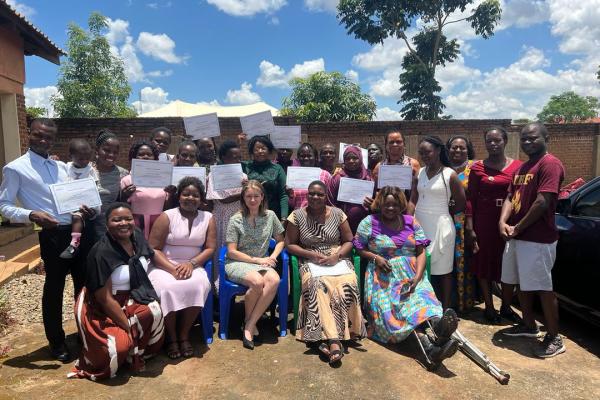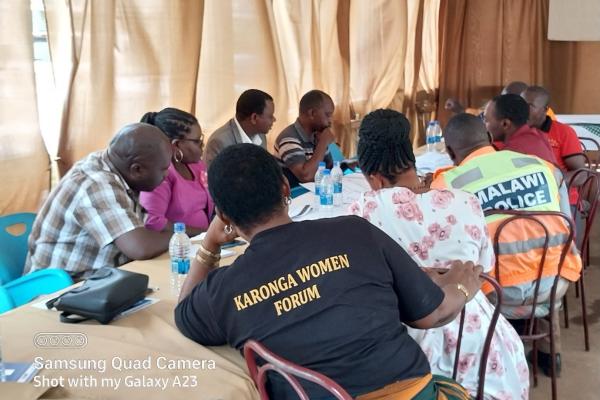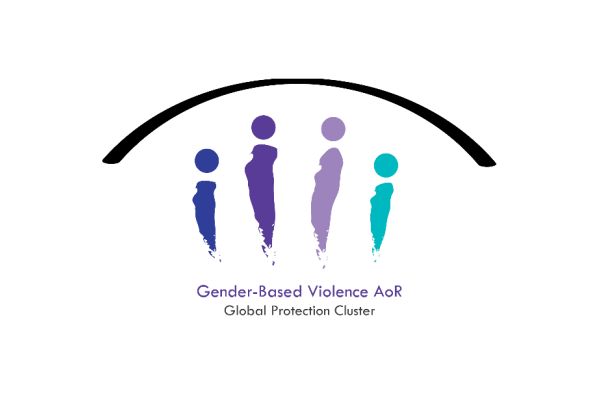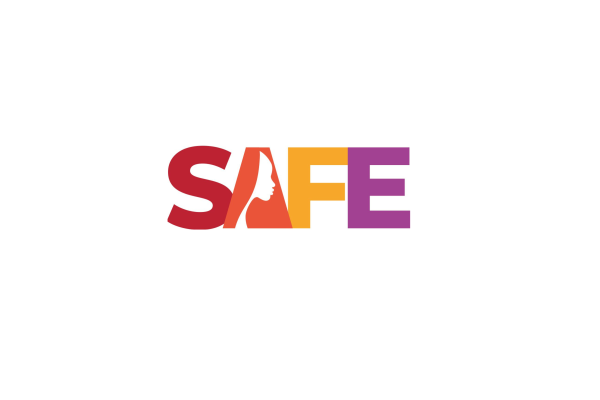GBV Risks, Food Insecurity, and the Integrated Food Security Classification – What Are Basics that Food Security and GBV Actors Need to Know?
This learning brief is aimed at both food security and GBV actors, to encourage each group to consider how the IPC may be improved to support attention to GBV as both a driver and an outcome of food insecurity, and also how data collected as part of the IPC can lay the foundation for empowerment work within the food security sector that can reduce both food insecurity and GBV. The learning brief begins with brief summary of the IPC, and then provides a review of some of the key links between gender inequality, food insecurity and GBV, particularly within the household.
 Our global Gender-Based Violence (GBV
Our global Gender-Based Violence (GBV
















